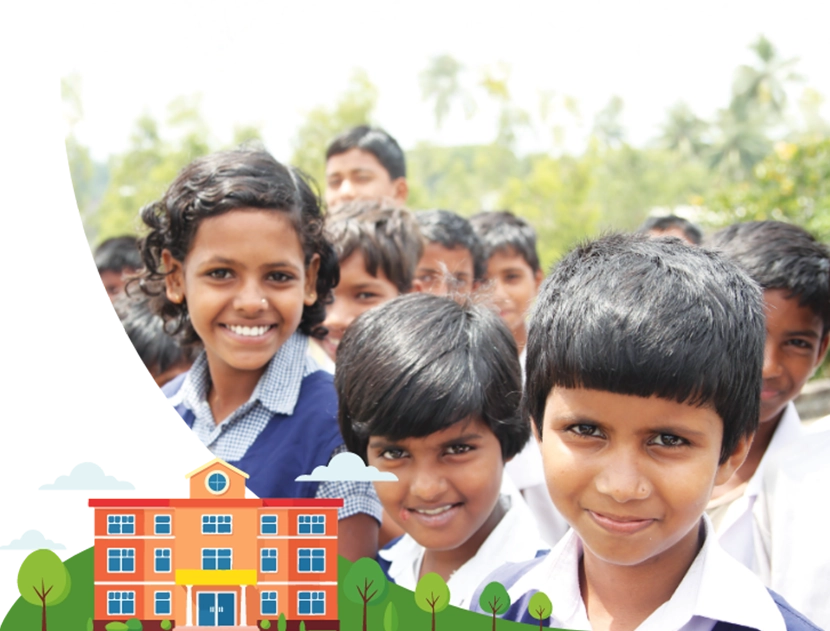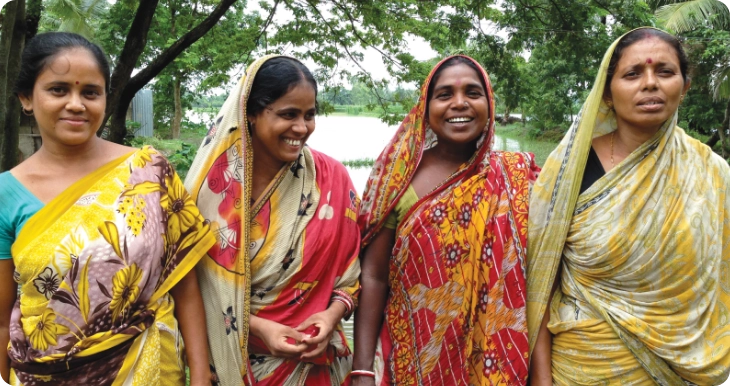3.1 Social Impact: Shaping a Sustainable Future through Meaningful Social Change
Social infrastructure plays a vital role in nation-building and rural transformation by fostering the conditions necessary for economic growth, social equity, financial inclusion and sustainable development. A strong social infrastructure fuels human capital development, leading to a skilled workforce and better economic prospects by investing in institutions, facilities, and services that support the well-being and social development of communities, such as schools, healthcare systems, transportation, water supply, sanitation, and public spaces.
NABARD integrates environmental, social, and economic sustainability into its policies, programmes, and funding activities to create long-lasting, systemic changes that improve both human and environmental well-being. NABARD’s environmental efforts include financing climate-resilient agricultural practices, renewable energy projects, and water management systems that promote sustainability while addressing the challenges of climate change. Its social initiatives emphasise financial inclusion, empowerment of women through Self-Help Groups (SHGs), and improving rural infrastructure to ensure access to healthcare, education, and clean water for marginalised communities. On the governance front, NABARD ensures transparency and accountability through robust governance structures and effective risk management frameworks. NABARD has been a key player in integrating Environmental, Social, and Governance (ESG) principles into its operations and funding initiatives that focus on on promoting sustainable rural development in India.





